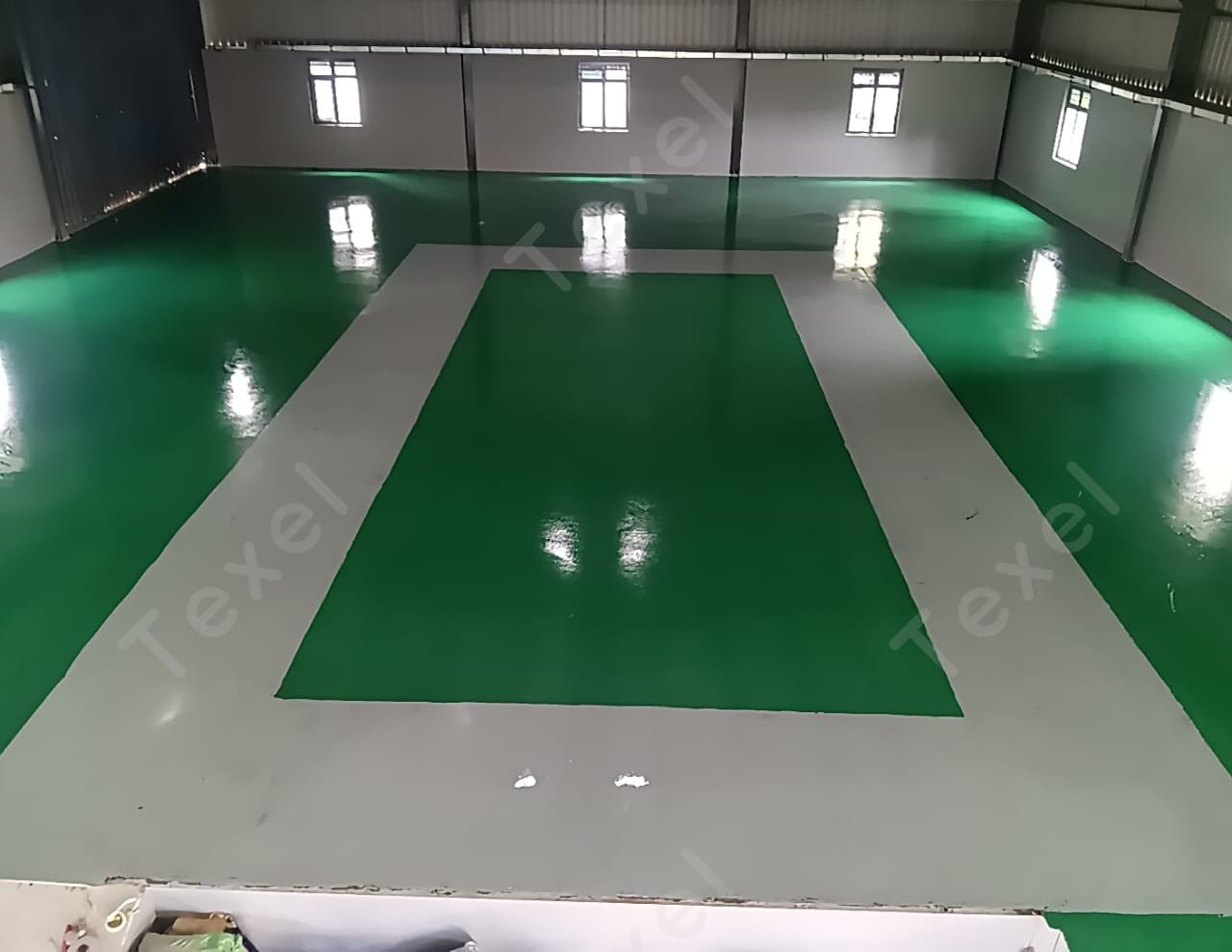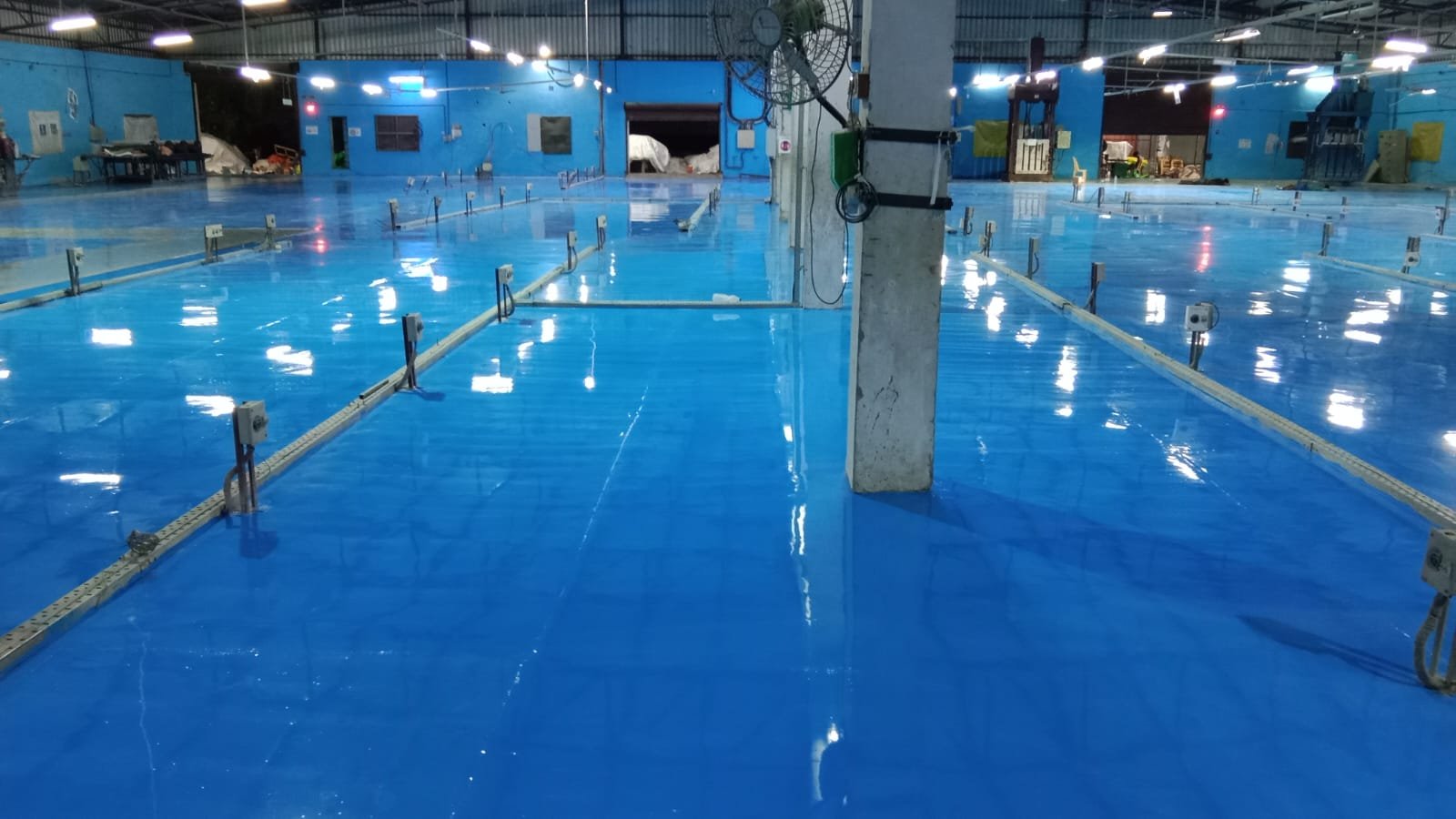SWIMMING POOL WATERPROOFING
SWIMMING
POOL WATERPROOFING
INTRODUCTION
Swimming pool waterproofing refers to the process of applying various
materials and techniques to create a barrier that prevents water from leaking
out of the pool structure. Pools are typically constructed using materials such
as concrete, fiber glass, or other materials, and without proper waterproofing,
water can penetrate the pool’s structure, leading to issues such as structural
damage, erosion, and loss of water.
PROCESS OF SWIMMING POOL
WATERPROOFING
The process of swimming pool waterproofing involves several steps to
ensure a durable and effective barrier against water leakage. The specific
steps may vary depending on the chosen waterproofing method, but here is a
general overview:
Ø Surface Preparation:
Clean the pool surfaces thoroughly, removing any dirt, debris, or
contaminants.
Repair any cracks, holes, or imperfections in the pool structure. This
may involve patching with suitable materials.
Ø Priming (if required):
Some waterproofing systems may require the application of a primer to
enhance adhesion between the pool surface and the waterproofing material.
Ø Application of Waterproofing Material:
·
Liquid Applied
Membrane (LAM): Mix the liquid components according to the manufacturer’s instructions
and apply them evenly across the pool surfaces. This may involve spraying,
rolling, or brushing the liquid membrane.
·
Sheet Membrane: Install the
sheets of membrane over the pool surface, ensuring proper alignment and
overlap. Weld or bond the seams to create a continuous waterproof barrier.
·
Cementitious
Coatings: Apply the cement-based waterproofing material to the pool surface,
ensuring complete coverage. Follow the recommended thickness for optimal
waterproofing.
·
Epoxy or Polyurea Coatings: Mix and apply the
coating material evenly on the pool surface. Ensure that the coating forms a
consistent and seamless layer.
Ø Curing:
Allow the waterproofing material to cure or set according to the
manufacturer’s specifications. This step is crucial for the material to achieve
its desired properties.
Ø Inspection:
Conduct a thorough inspection of the waterproofing application to ensure
that there are no defects, bubbles, or areas of incomplete coverage. Address
any issues promptly.
Ø Tile Installation (if applicable):
If the pool design includes tiles, install them using a suitable
adhesive. Properly grout the tile joints, ensuring a watertight seal.
Ø Joint Sealants (if applicable):
Apply sealants to joints, connections, and other vulnerable areas to
prevent water infiltration.
Ø Quality Control:
Conduct water tests to check the integrity of the waterproofing system.
This may involve filling the pool with water and monitoring for any signs of
leakage.
Ø Finishing Touches:
Complete any additional finishing touches, such as adding decorative
elements or surface coatings, depending on the pool design and specifications.
It is important to follow the manufacturer’s guidelines and
specifications for each specific waterproofing material used. Additionally,
consulting with a professional experienced in swimming pool construction and
waterproofing is advisable to ensure a successful and long-lasting
waterproofing application. Regular maintenance and inspections are key to
preserving the effectiveness of the waterproofing system over time.
CONCLUSION
Swimming pool waterproofing is a critical aspect of pool construction
and maintenance. A properly executed waterproofing process ensures the
longevity and structural integrity of the pool by preventing water leakage and
associated issues. The choice of waterproofing method depends on factors such
as the pool’s construction material, design, and specific project requirements.
Related Posts
Leave a Reply Cancel reply
You must be logged in to post a comment.




